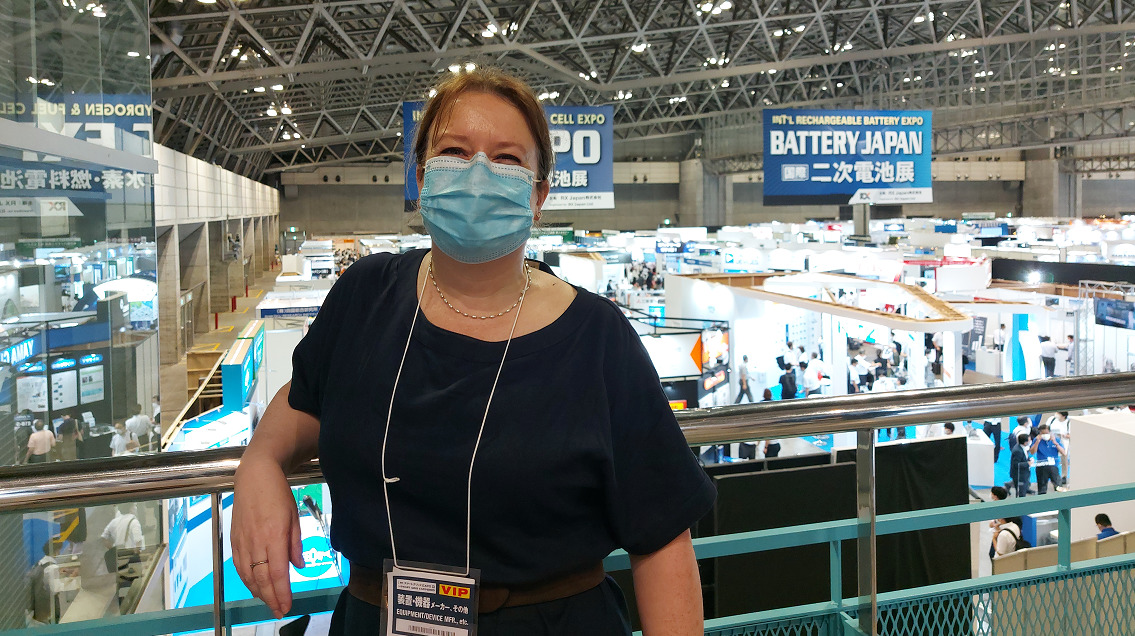
By Dr Sarah Hickingbottom, General Manager Circa UK.
At a time when we urgently need sustainable solutions, there’s no point making them with old-fashioned, harmful chemistry. Safe and sustainable needs to be baked in from the beginning, as does circularity.
Take batteries as an example. We need to develop more sustainable battery chemistries for both current and future battery technologies, particularly as the future of transport moves towards electrification. At Circa, we have solutions for both the production and the recycling of batteries.
Advanced batteries need to work in a circular economy model where they can be taken back at end-of-life and the materials recycled and repurposed. Failing to recycle batteries results in valuable materials being wasted along with massive environmental contamination.
As a safer solvent made from sustainable biomass, Cyrene™ has excellent potential to reduce the use of toxic solvent inputs and reduce the carbon footprint of current batteries. It can be used in the manufacture of specific battery components through to battery recycling.
Cyrene™ performs up to 10 times better than the solvent NMP (an EU-designated Substance of Very High Concern) at dispersing graphene and excels with other carbon materials too. Circa is working with researchers and industry to bring high performance graphene components into current and new battery production research to increase performance, reduce cost and help decarbonise the products.
As part of a recent Innovate UK delegation of high-growth companies to Japan, I shared how Cyrene™ can help create better batteries, not just by replacing the harmful solvent NMP but also by potentially making batteries lighter, as well as extending how long they last and reducing cost.
At Circa, we are working towards helping battery manufacturers and battery recyclers remove the NMP from batteries as well as take advantage of the additional functionalities Cyrene™ offers. We are actively involved in projects to “green” batteries, including on cathode technology and the recovery and recycling of battery materials.
We can and should expect more from new industrial processes that will bake in formulations and manufacturing processes for decades to come. It means going beyond substituting one harmful material for a better one into completely rethinking how products are designed. I’m excited to be part of this drive to make and recycle better, safer, more sustainable batteries.